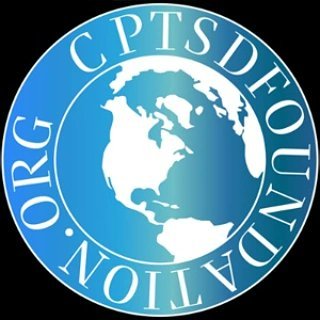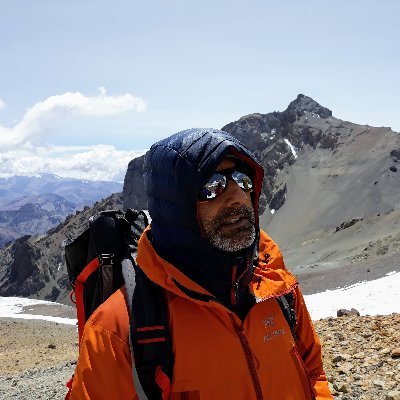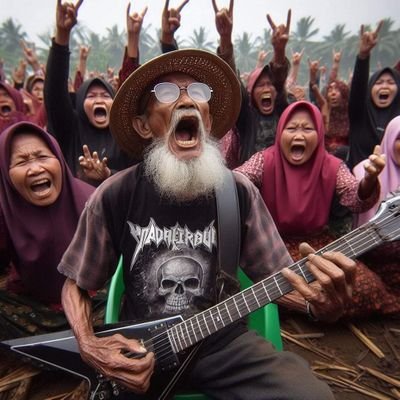
CPTSD Foundation
@cptsdfoundation
Followers
16,626
Following
405
Media
24,923
Statuses
26,314
Foundation for Post-Traumatic Healing and Complex Trauma Research • Providing trauma-informed education and resources to practitioners and survivors since 2014
👇🏻daily calls📲 365 days/yr
Joined September 2016
Don't wanna be here?
Send us removal request.
Explore trending content on Musk Viewer
مدريد
• 1485804 Tweets
Rogan
• 937845 Tweets
Beyoncé
• 763538 Tweets
SB19 ANIMBERSARY CONCERT
• 248678 Tweets
Barcelona
• 169436 Tweets
#UFC308
• 105815 Tweets
Navy
• 39473 Tweets
Trabzonspor
• 23837 Tweets
Shaq
• 22996 Tweets
Everton
• 17279 Tweets
Notre Dame
• 17271 Tweets
Göztepe
• 16830 Tweets
Brentford
• 16477 Tweets
Hala Madrid
• 15832 Tweets
Nebraska
• 15739 Tweets
Shara
• 15346 Tweets
Jordan Sierra Bowen
• 13277 Tweets
Ohio State
• 12878 Tweets
الريال
• 10623 Tweets
Last Seen Profiles
Traumatized people are not suffering from a disease in the normal sense of the word– they have become stuck in an aroused state. It is difficult, if not impossible to function normally under these circumstances. – Peter A. Levine
#hyperarousal
#cptsd
#traumarecovery
#MentalHealth
4
41
145
If you have ever wanted to try out our programs to see if they're right for you? Now is your opportunity with our "Learn More" resource.
Check out and see what our programs are like, for Free!
#CPTSD
#YouAreWorthIt
#TraumaRecovery
#PTSD
#Healing
9
40
102
Validation, Encouragement, Support, & Healing - Join us and be a part of the Daily Recovery Support Calls. Interactive group calls in a safe atmosphere for survivors of complex trauma.
#CPTSD
#TraumaInformed
#Recovery
#Healing
5
39
84

























































































































